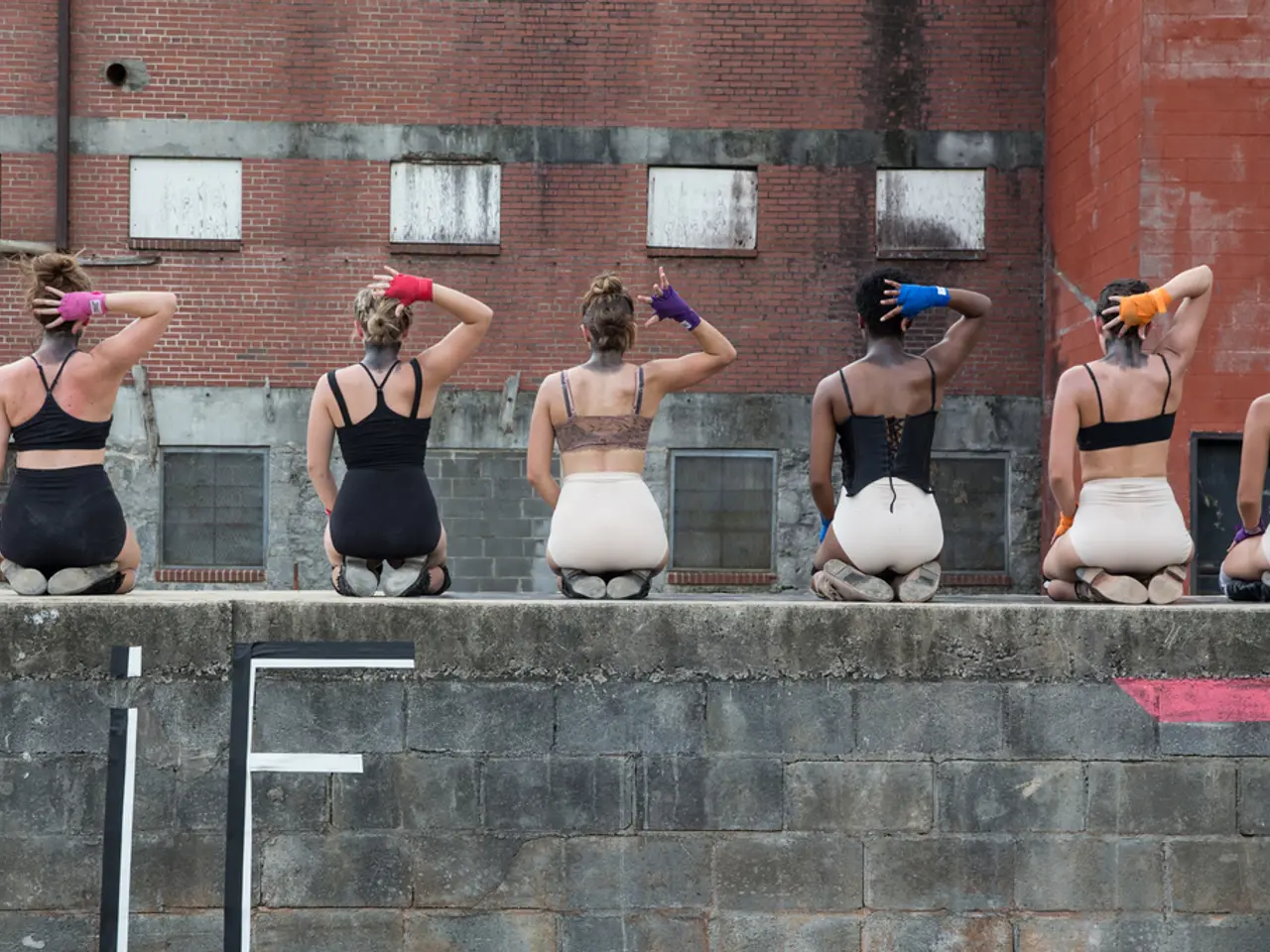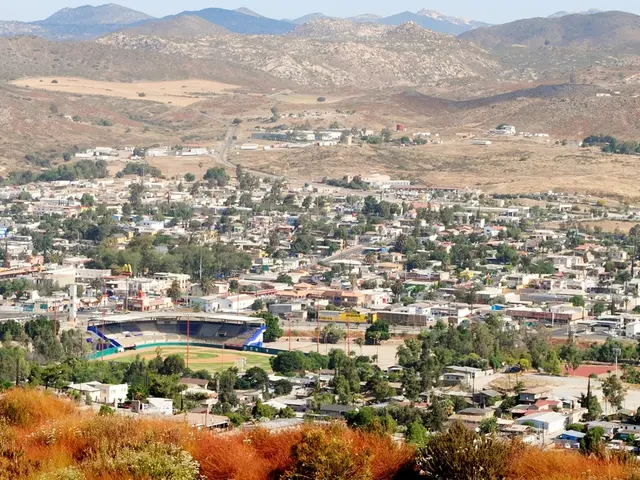Bangladesh Labour Act 2006 Reform: Key Changes Pending, Workers' Rights at Stake
The Bangladesh Labour Act 2006 is undergoing reform, with the Labour Reform Commission collecting input from all labour stakeholders. However, key recommendations remain pending, including changes to union formation requirements and worker protections.
Labour rights experts and trade union leaders have urged the government to ensure freedom of association and compliance with international labour standards in the reform. More than 180 amendment proposals have been reviewed, but crucial issues like union formation rules are still unresolved.
One proposed change suggests allowing workers in factories with at least 20 employees to form trade unions, making the process more inclusive. Currently, there are no indications that a recommendation has been made to lower the involvement requirement from 20 percent of the workforce. However, concerns have been raised about a proposed cap of five unions per factory, which could encourage employer-controlled or 'yellow' unions.
Other recommended changes include ensuring timely trade union elections, reforming labour courts to expedite dispute resolution, and extending greater protection to tea plantation and informal sector workers, particularly women. Critics have slammed the requirement for a union to secure support from over 50% of workers to be recognised as a collective bargaining agent, arguing it would weaken bargaining power.
The Bangladesh Labour Act 2006 reform is ongoing, with key recommendations still pending. While some proposals aim to make union formation more inclusive, others raise concerns about worker representation and bargaining power. The government is urged to ensure the reform aligns with international labour standards and safeguards workers' rights.
Read also:
- American teenagers taking up farming roles previously filled by immigrants, a concept revisited from 1965's labor market shift.
- Weekly affairs in the German Federal Parliament (Bundestag)
- Landslide claims seven lives, injures six individuals while they work to restore a water channel in the northern region of Pakistan
- Escalating conflict in Sudan has prompted the United Nations to announce a critical gender crisis, highlighting the disproportionate impact of the ongoing violence on women and girls.





